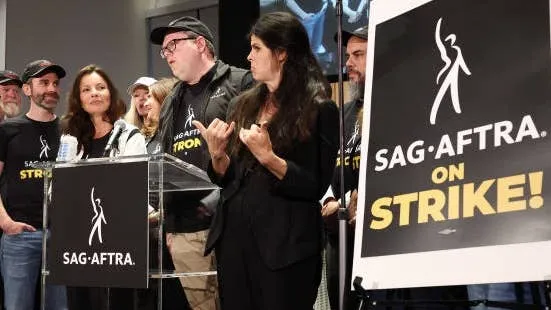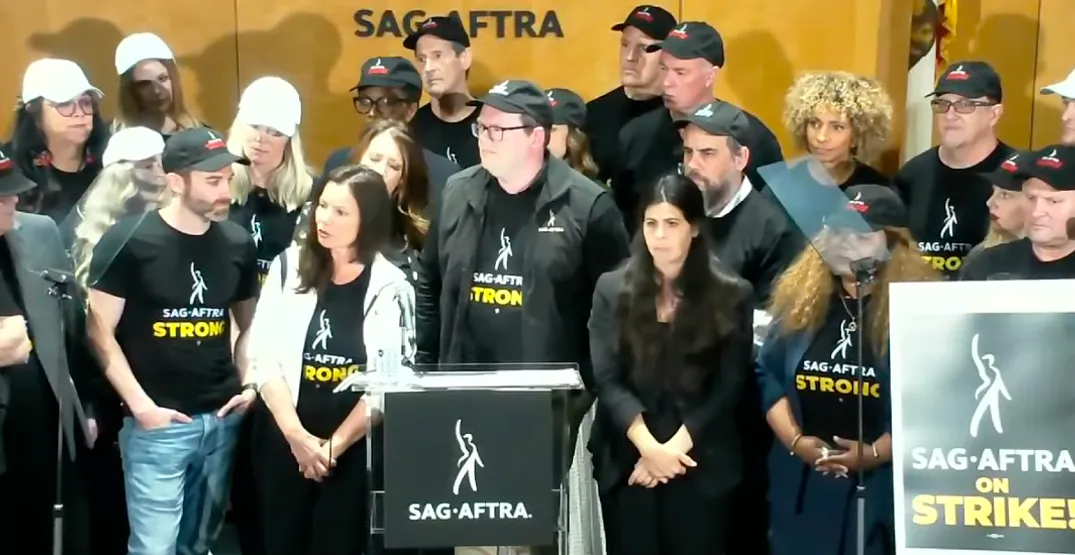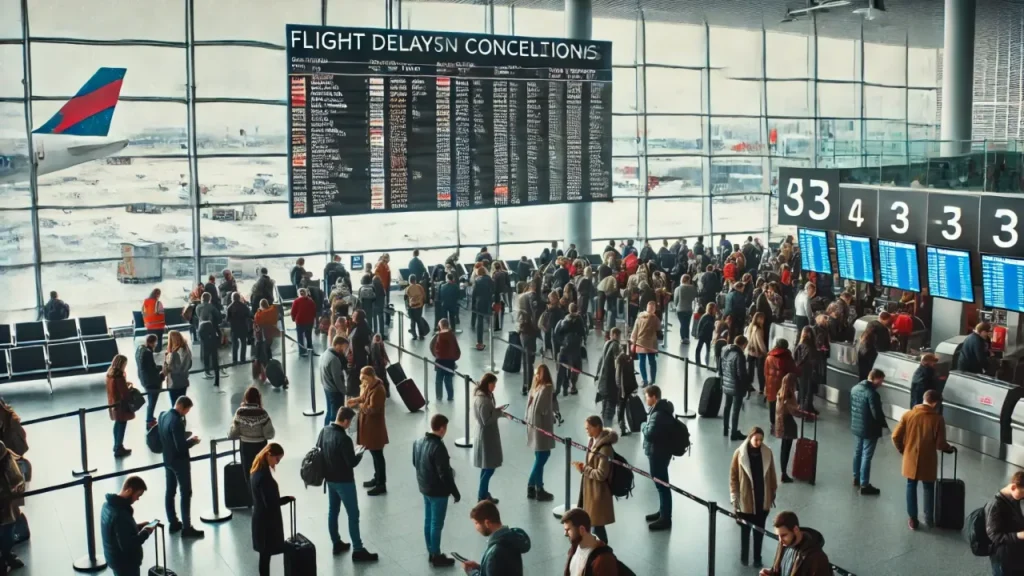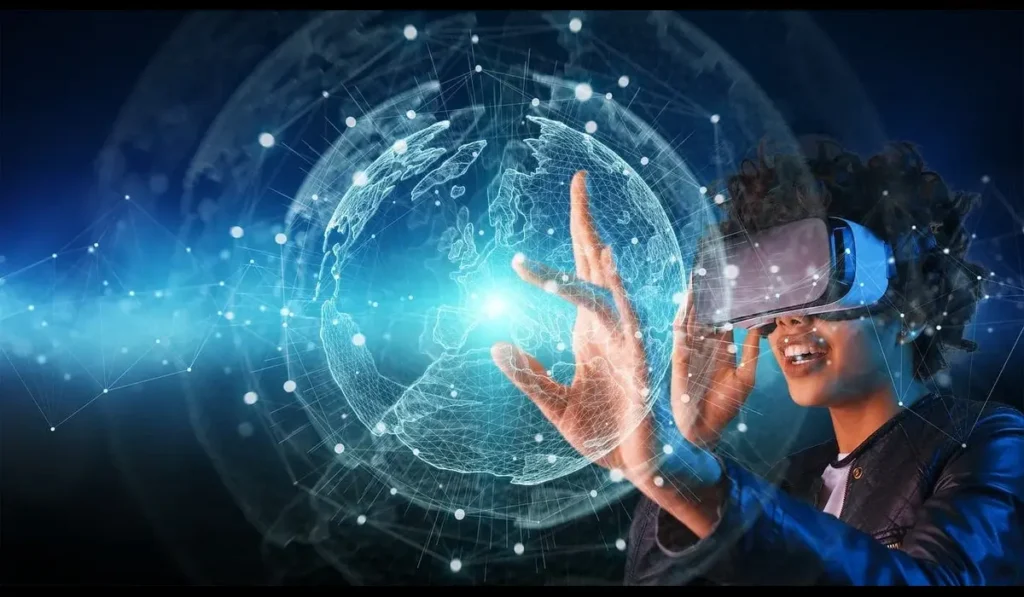In 2025, the glittering world of Hollywood is embroiled in a contentious discussion about the increasing usage of AI-generated content rather than box office results or celebrity rumors. digital actor clones. Fueled by advances in generative AI, deep learning, and facial mapping technology, studios are now capable of recreating actors digitally with astonishing realism. But what began as a technological marvel has ignited a wave of backlash from actors, unions, fans, and ethicists alike.
From resurrecting late stars to digitally “de-aging” performers or even replacing them altogether, these clones are reshaping the entertainment landscape—and not everyone is happy about it.
The Rise of Digital Actor Clones in Hollywood
Digital cloning isn’t entirely new. Hollywood has flirted with the idea for over a decade, using CGI to resurrect actors like Carrie Fisher in Star Wars and Paul Walker in Fast & Furious. But the technology was once prohibitively expensive and limited to short, carefully crafted scenes.
In 2025, AI-driven facial mapping, voice synthesis, and deepfake models have evolved to the point where entire performances can be generated without the physical presence of the actor. Studios now routinely scan actors’ faces and bodies to create digital doubles capable of acting, emoting, and speaking with chilling realism.
These AI clones can:
- Perform entire roles in films
- Be de-aged or aged dramatically for storytelling purposes
- Speak multiple languages via AI-driven dubbing
- Appear in posthumous releases long after the actor’s death
- Be licensed for commercials, games, and branded content
For studios, the advantages are clear: lower production costs, fewer scheduling conflicts, and the ability to extend an actor’s utility indefinitely.

The Fallout: Unions and Actors Push Back
While studios celebrate the efficiencies and creative possibilities, actors and performers’ unions see something more ominous: a threat to livelihoods, creative control, and personal identity.
1. Loss of Control and Consent
Many actors argue that digital cloning strips them of their autonomy. Even when actors agree to be scanned, the use of their digital double may extend far beyond the initial purpose. Some report seeing their likeness appear in commercials or foreign films they never approved.
2. Unfair Compensation
Digital clones may generate revenue long after an actor has worked on a project, yet many contracts fail to outline clear residuals or royalties for cloned performances. Background actors, in particular, have expressed outrage over one-time scan payments that allow studios to reuse their likeness indefinitely without further compensation.
3. Deepfake Exploitation
The rise of AI cloning also opens the door to abuse. Deepfake technology can be used to generate explicit content, political endorsements, or controversial scenes that actors never agreed to, sparking concerns around identity theft and defamation.
4. Ethical Concerns Around Deceased Actors
While some families have agreed to license the likeness of deceased actors, critics argue that posthumous performances raise serious ethical red flags. Can a dead actor truly consent? Is it fair to “revive” someone for a film they never chose to be in?
High-Profile Incidents Fuel the Fire
Several headline-making incidents in 2024 and early 2025 have intensified the backlash.
The James Dean Controversy (Again)
Despite backlash, a big studio revealed a new movie with James Dean in the lead role, who was entirely artificial intelligence (AI) generated. Though approved by his estate, critics, fans, and actors denounced the move as a gimmick and a disrespectful cash grab.
The Background Actor Uproar
Dozens of background actors sued a streaming platform after discovering their digitally cloned faces were reused in multiple shows without additional pay. The lawsuit sparked a broader industry conversation about scan rights and fair compensation.
AI Double Outperforms the Original
In one blockbuster, an A-list actor’s performance was heavily augmented by an AI double. The studio praised the digital enhancements, but the actor later expressed discomfort, stating, “I don’t even recognize my own work anymore.”
The Role of AI in Union Strikes
The 2023 SAG-AFTRA and WGA strikes laid the groundwork for today’s debate. Among the top issues were AI protections, including how digital likenesses would be used and compensated.
By 2025, provisions requiring the following were being added to new union agreements:
- The actor’s consent for digital replicas
- Limited usage periods
- Transparent disclosure of AI-modified scenes
- Royalty structures for AI-generated performances
But many argue that non-union and global talent remain vulnerable, especially in international productions or independent films that skirt union regulations.

Studios Defend AI Cloning
Despite the criticism, studios argue that digital actor clones offer creative flexibility, accessibility, and cost-saving advantages, particularly for:
- Dangerous stunts
- Pandemic-era productions
- Aging franchises need younger versions of their characters
- Voice dubbing in global markets
Studio heads claim that, when used ethically and with consent, AI actor clones are a powerful storytelling tool, not a replacement for talent, but a way to enhance production possibilities.
They also emphasize that many actors willingly opt in, viewing clones as a new revenue stream, especially for older or retired performers.
Audiences Are Divided
Viewers, too, are split. Some marvel at the visual realism and nostalgic novelty of digital performances. Others feel disturbed by the artificiality and lack of emotional depth in cloned performances.
Fan reactions to recent AI-heavy films include:
- “Impressive, but soulless.”
- “I wanted to feel something, but I kept thinking about the tech.”
- “Why bring back the dead when there are thousands of living actors?”
As AI continues to blur the line between performance and simulation, audiences are beginning to demand transparency, with many calling for labels that indicate when scenes feature AI-generated actors.
Legal Landscape and Regulation Efforts
The U.S. and EU are currently considering legislation to regulate the use of AI in media and protect individual likeness rights. Proposed frameworks include:
- “AI Disclosure” Laws: Requiring clear on-screen disclosure when AI clones are used.
- “Right of Publicity” Protections: Expanding legal ownership of one’s image, voice, and mannerisms.
- “Consent and Royalties Mandates”: These laws prohibit the use of digital clones without both ongoing royalties and verifiable consent.
Meanwhile, tech companies that develop AI cloning tools are under pressure to implement watermarking, opt-in systems, and usage tracking, ensuring transparency and traceability.
Related Blog: Austin Nichols Teases OTH Reboot & Secret Summer Sequel Role
The Future of Acting: Collaboration or Conflict?
The future may not be entirely AI vs. actor, but rather a hybrid model where actors and AI tools collaborate. Already, some actors are beginning to train and license their own digital doubles, giving them greater control over usage and monetization.
For example:
- “Virtual twins” could allow actors to appear in multiple productions simultaneously.
- Older actors may use clones to continue performing youthful roles.
- Actors could license their likenesses for interactive media, games, and VR experiences.
As AI tools become standard in the production pipeline, digital literacy and clone management may become essential skills for actors navigating the modern industry.
Conclusion: Rewriting the Script
The backlash over digital actor clones represents more than a labor dispute—it’s a reckoning over the very nature of creativity, identity, and storytelling in a technological age. Hollywood now stands at a crossroads: embrace AI responsibly or risk alienating the very artists who give stories their soul.
While the technology offers breathtaking possibilities, the industry must strike a balance between innovation and ethics, automation and artistry, profit and permission. As 2025 unfolds, the spotlight is on Hollywood—not for its glamour, but for how it rewrites the rules of performance in the age of artificial intelligence.




